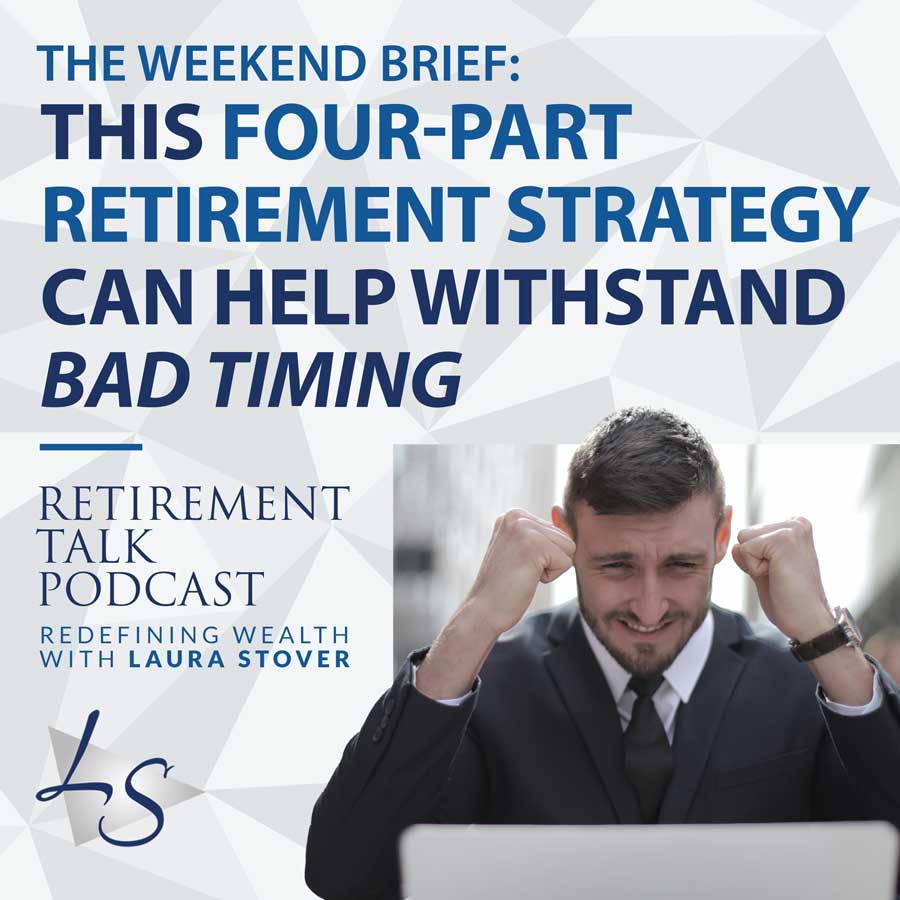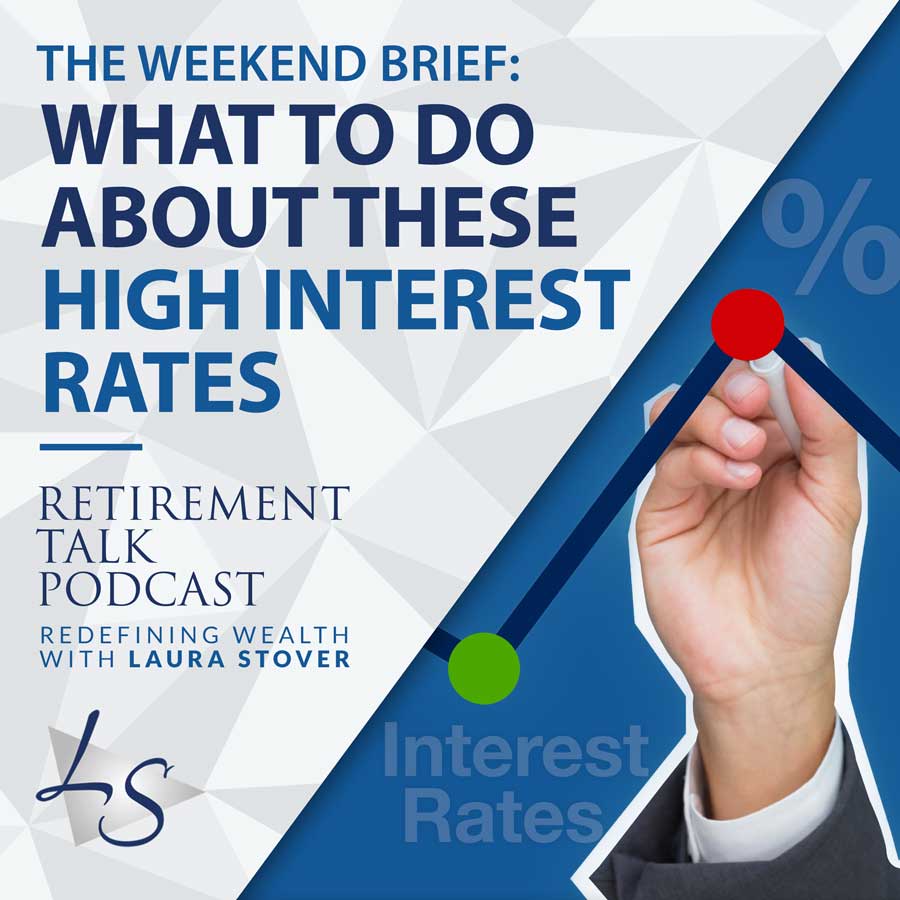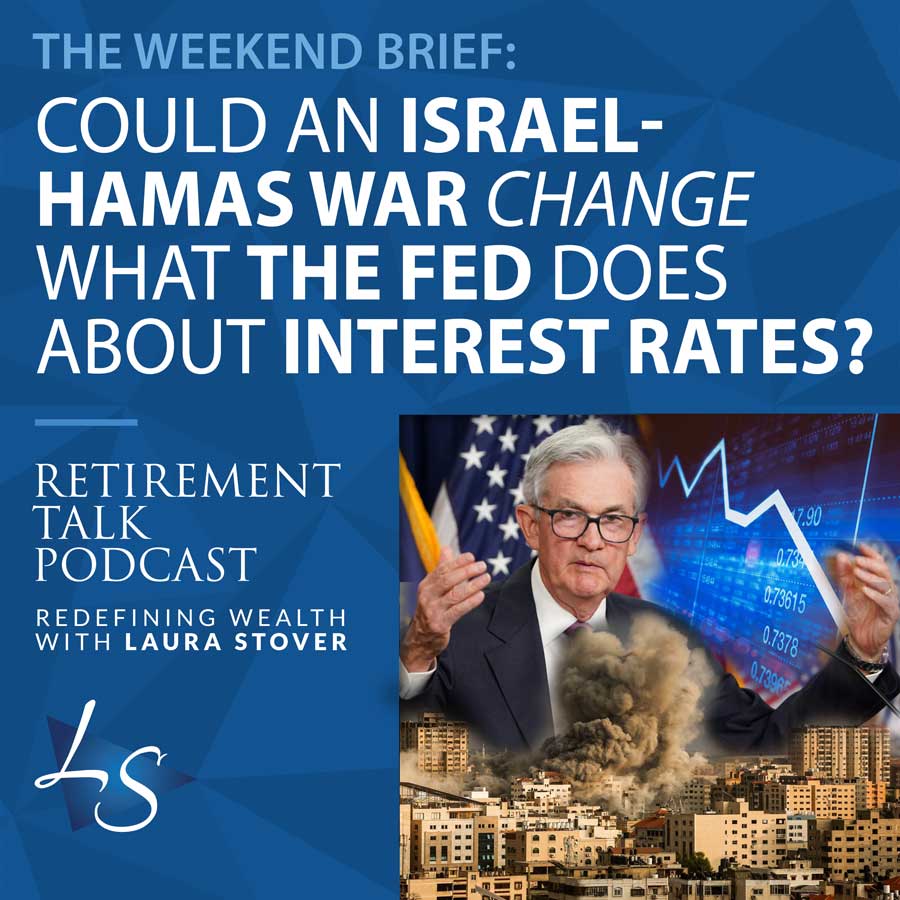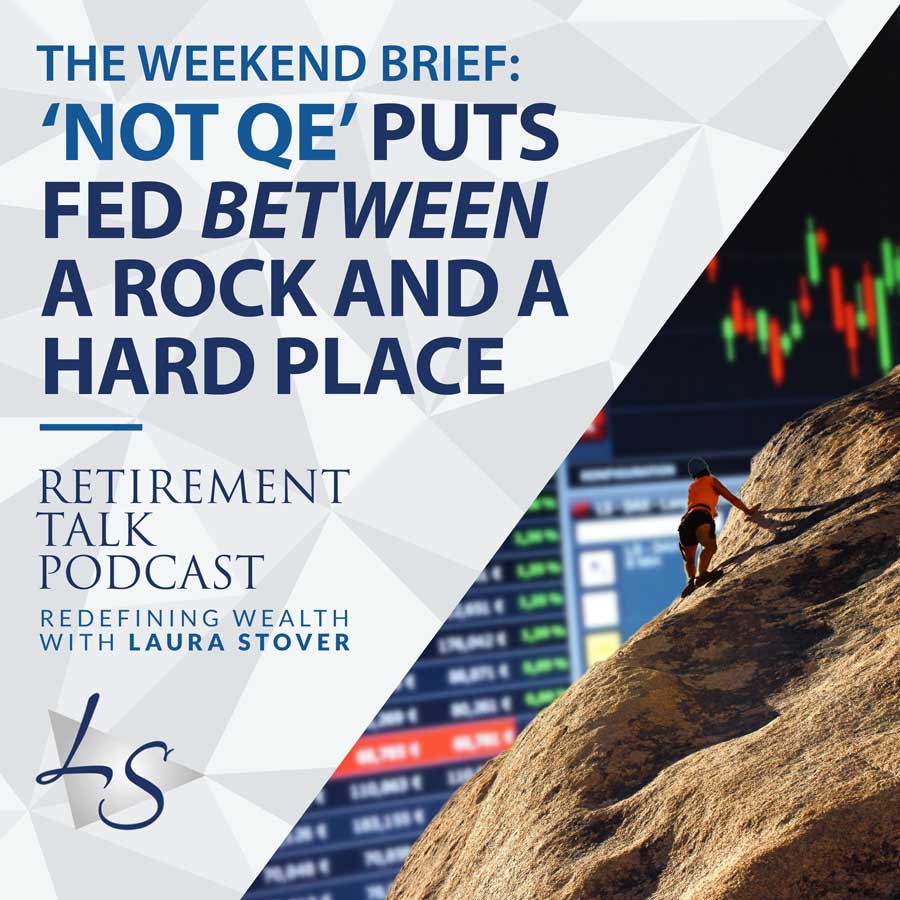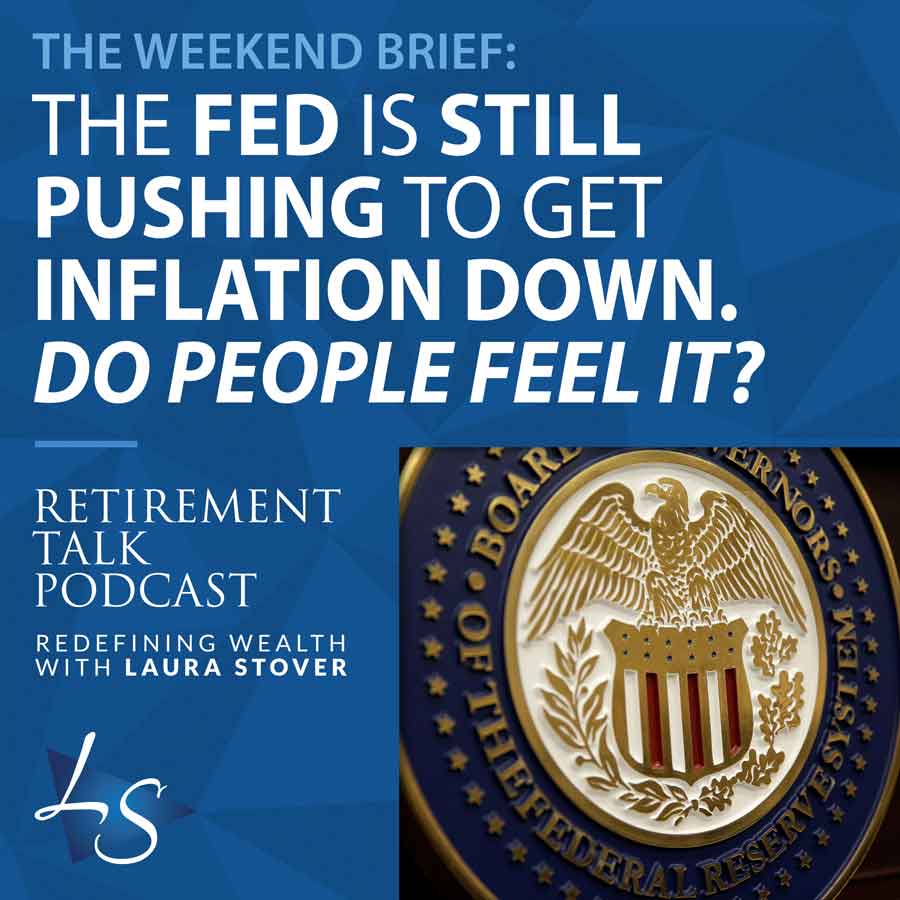Today Laura Stover, RFC® explores the concept of choice overload and how it can affect your investment behavior and retirement planning. With so many options and information available to us, it’s easy to feel overwhelmed and unsure of the best path to take. But today we will provide you with tips and insights to help you navigate through this sea of choices and make informed decisions that align with your goals and aspirations.
Having more choices does not always translate to better decisions. In fact, research has shown that too many options can lead to decision paralysis or option paralysis. When faced with a multitude of choices, we tend to become indecisive and unsure of which path to take.
This phenomenon has been observed in studies conducted by Stanford University, where researchers found that customers were more likely to make a purchase when presented with a limited selection of options compared to an extensive selection. Humans are simply not good at making decisions when they are overwhelmed with choices.
As investors, we are bombarded with information and tools that promise to help us make the best financial decisions. However, this abundance of choices can complicate rather than simplify our decision-making process. It can lead to biases and traps that hinder us from making sound investment decisions. Let’s explore some of these traps and how to avoid them.
The first trap is inertia. When faced with too many choices, some investors choose to avoid making a decision altogether and do nothing. This can be detrimental to your financial well-being, as doing nothing is still a decision in itself.
To overcome this trap, it’s important to have a clear understanding of your goals and the purpose behind your investment decisions. By aligning your choices with your overall plan, you can overcome inertia and take action towards achieving your financial goals.
The second trap is naive diversification. This occurs when investors spread their assets among all available investment options without considering their goals, asset allocation, or cost. Naive diversification can lead to a hodgepodge of investments that may not align with your risk profile or financial objectives.
To avoid this trap, it’s crucial to have a well-defined asset allocation strategy that separates your safe investments from your growth investments. This strategy should be based on your risk profile and long-term goals, rather than simply picking a little bit of everything.
The third trap is opting for attention-grabbing investments. It’s easy to get caught up in the latest buzz and choose investments based on what you recently saw on the news or heard from friends and family. However, this can lead to impulsive decisions and overspending on investments that may not be suitable for your unique situation.
To avoid this trap, it’s important to do your own research and seek advice from trusted sources. Look for content that is backed by reputable research and consider how the investment aligns with your overall plan and risk tolerance.
To navigate through the jungle of choices and make the best financial decisions, it’s important to start with a process. This process should involve unpacking the industry jargon and deciphering the content of the information presented to you. Look for trusted sources and limit the number of options available to you.
Focus on a few top options that align with your goals and consider the full range of alternatives. By narrowing down your choices and understanding the purpose behind each investment, you can make informed decisions that are in line with your financial objectives.
It’s also important to have a strategy call with a financial advisor who can guide you through the decision-making process. A trusted advisor can help you unpack the information and provide you with a vetted selection of options that align with your goals and risk profile. They can also help you understand the implications and potential impact of each choice, ensuring that you are making decisions that are appropriate for your unique situation.
In conclusion, choice overload can be overwhelming and lead to poor investment decisions. By starting with a process, understanding your goals, and seeking advice from trusted sources, you can navigate through the sea of choices and make informed decisions that align with your financial objectives. Remember to focus on the purpose behind each investment and consider the implications and potential impact on your overall plan. With the right guidance and a clear understanding of your goals, you can make the best financial decisions for a successful retirement.
The future outlook for investors is promising, as technology continues to provide us with more tools and information to make informed decisions. However, it’s important to stay grounded and focused on your goals. Don’t get caught up in the hype or the latest buzz. Instead, rely on a well-defined process, trusted sources, and the guidance of a financial advisor to help you navigate through the choices and make the best financial decisions for your retirement.
Rate, Review and Subscribe to the Podcast:
https://podcasts.apple.com/us/podcast/retirement-talk-podcast-with-laura-stover/id571347188
How to Connect:
redefiningwealth.info
lswealthmanagement.com
Schedule a Review: https://redefiningwealth.info/schedule/
Redefining Wealth® Custom Blueprint Income Plan: https://redefiningwealth.info/schedule/
Timestamps (show notes):
0:01:52 Too many choices can lead to decision paralysis or option paralysis
0:03:08 Stanford University study on choice overload and decision making
0:04:07 People are not good at making decisions when given too many options
0:06:29 The complexity of investment products and information can complicate decisions
0:08:14 Choice overload can lead to inertia, naive diversification, and attention-grabbing investments
0:09:31 Advisors may also be overwhelmed by the choices and information available
0:10:20 Purpose-based allocation can help overcome inertia and make better choices
0:11:16 Naive diversification is not an effective way to diversify investments
0:12:46 Avoid making investment decisions based on attention-grabbing news or media
0:16:08 Tips for evaluating the credibility of financial articles
0:17:29 Starting with a process and identifying goals and risks
0:18:02 Potential risks such as inflation and market volatility
0:19:31 Considering risks and asset allocations for retirement planning
0:20:04 Importance of understanding buzzwords and investment options
0:21:29 Making decisions appropriate for individual situations
0:22:13 Coordinating income sources and understanding the impact of expenses
0:23:25 Importance of asset allocation and diversification for investment portfolios
Listen & Subscribe
Click on logos below.








